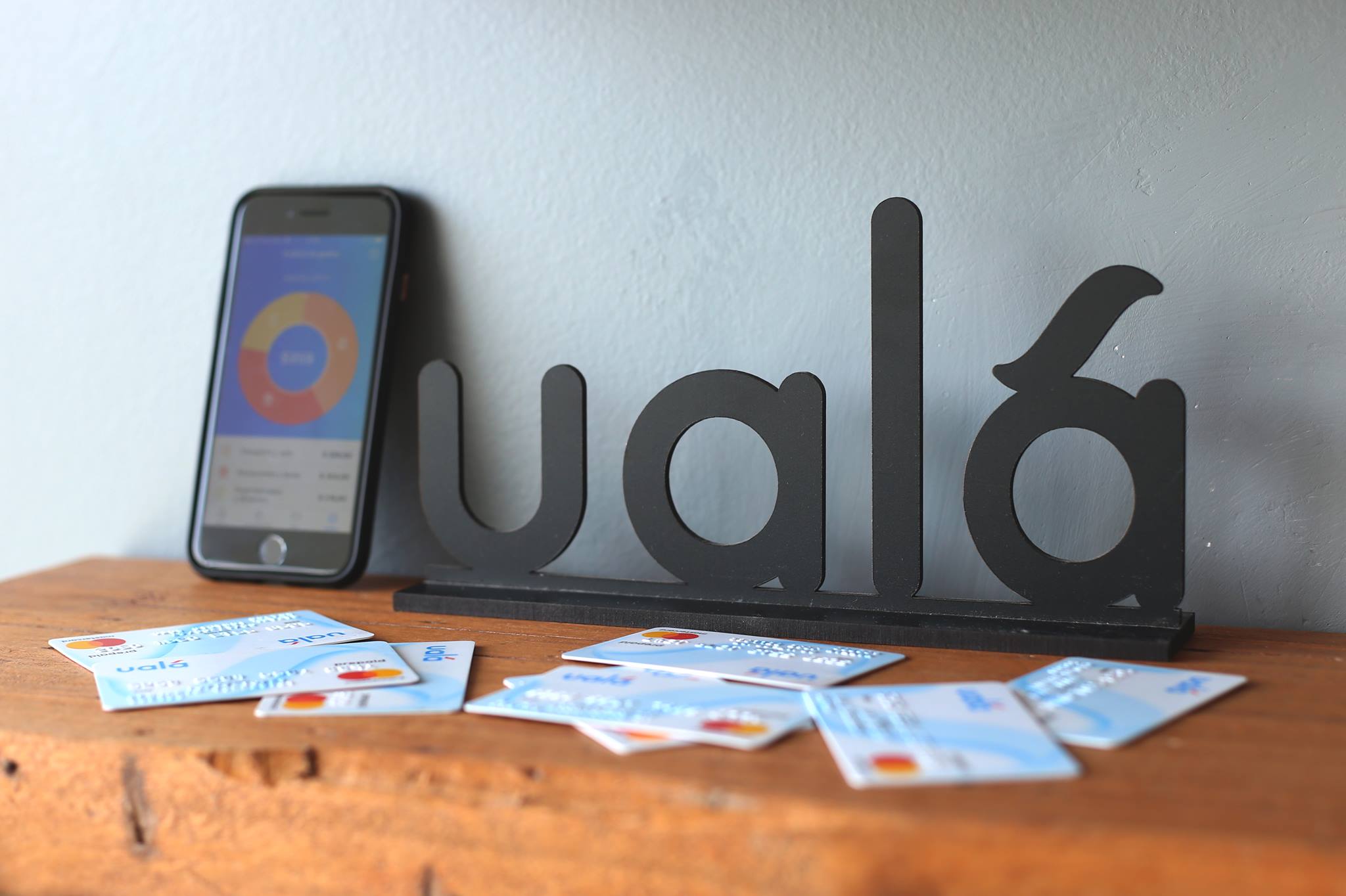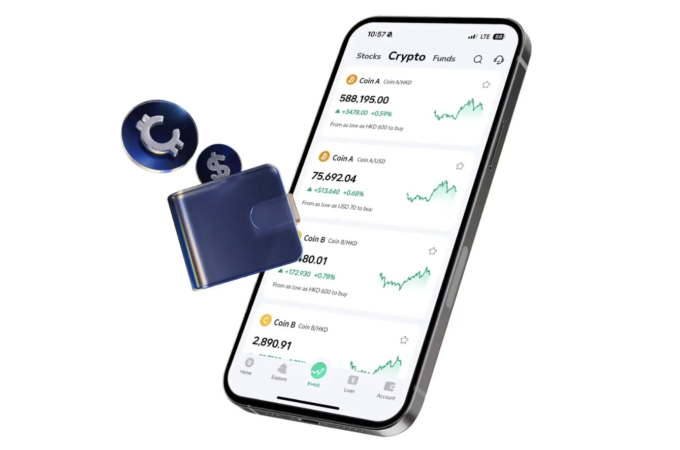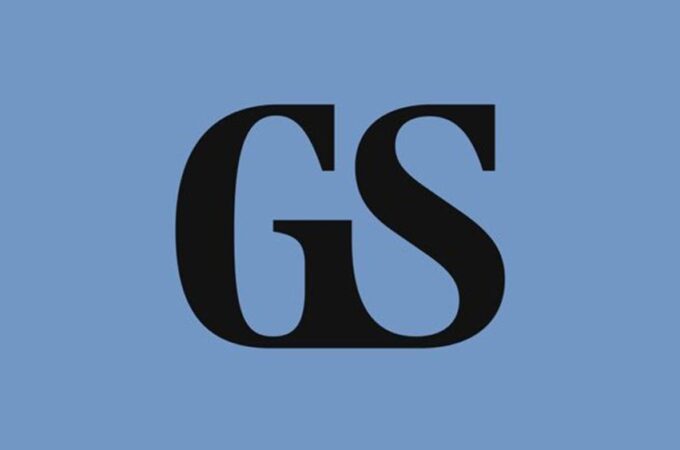
Ualá’s new credit line evens the playing field in Argentina
As the challenger and neo-bank industry starts to mature, what used to be called “startups” are now reaching puberty.
These alternative banks aren’t the cute little babies that they used to be. Rather than hoping to someday be like dad, now they’re actually competing with dad.
At least this is the case of Argentina’s most famous challenger bank, Ualá. Previously succeeding in terms of debit card allocation, it is now joining the big boys club with its new credit services.
The newly launched product is already reaching the AR$30 million mark and finding new ways to profit besides point-of-sale terminal commission fees.
I know, I may be discussing this a little late since it was actually launched a month ago. Nevertheless, it is still worth mentioning. So, I reached out to learn more about the new undertaking.
In Summary
The startup founded by Pierpaolo Barbieri in 2016 is now reaching new heights with around 678 granted loans around one month’s time. Not only is the company growing in volume but default rates seem to be extremely low, too.
“We’re having excellent results in terms of collectibility,” said Joaquín Diz, Ualá’s risk manager in an exclusive correspondence. “Default is extremely low, below one percent.”
It Is Interesting To See How Customers Perceive That The Philosophy Of The Company Is Totally Different From Any Other Company With Which They Have Operated Before And Seek To Take Care Of That Relationship.
Not to demerit Ualá’s achievements but this is actually a normal phenomenon we’ve seen across newly launched credit institutions. Default rate metrics of these early-stage companies aren’t exactly as trustworthy since it doesn’t have enough data to objectively calculate the actual delinquency ratio.
Although I’m bullish, Ualá is still doing a great job.
In-Depth
Under the tagline “te venimos a bancar,” the startup’s main goal is to provide financial services to everyone, especially the un and underbanked. With this in mind, it doesn’t discriminate based on location either. In fact, Ualá is already looking forward to expanding abroad sooner than later.
When asked about other competitors entering Argentina or already popping up across Latin America, Diz said: “We welcome the competition. It makes us better and helps customers have more options.
However, I make a (distinction); most digital banks aim to capture the disenchanted banking client; that is, the traditional high-income banking client.”
According to the executive, while these other entities target fed up clients, Ualá targets anyone, regardless of their income. It doesn’t matter whether you are employed or unemployed, banked or unbanked. It adapts products and services to clients’ reality and needs, sticking to its quality value proposition.
Ualá’s value proposition is specifically divided into three big pillars.
First off, it’s aiming to reinvent the way credit works within the Argentine financial system. With a seamless, transparent and quick process, users can avoid large and complex bureaucratic forms while still being eligible for credit.
Within a couple of screens, you can obtain a credit card when and how you want it. Compared to the popular nature of banks, Ualá doesn’t have in-between line clauses or tricky costs. It also facilitates the canceling process compared to traditional banks, which can take hours. Believe me, these were the worst four hours of my life.
Surprisingly, Ualá also offers credit even if customers don’t have a previous credit history. The startup trusts users and wants to be the first institution to grant them this possibility.
Second, its focus on user experience is world-class. While the local financial system has a lot of opportunity areas (not to call them extreme weaknesses), Ualá’s local knowledge paired with best practices are definite advantages. With this, it enables a truly holistic, above-average experience for clients.
For instance, Ualá provides 24/7 customer support with disbursement via online wallets, customized pricing based on the risk profile, financial education for clients to understand all the processes and terminology, plus other features.
Finally, Ualá offers competitive interest rates. These vary from 45 to 77 percent, based on clients’ risk profiles. In 2018, Argentine rates fluctuated around the 107 percent mark. Based on this, Ualá’s offerings were still far below the industry average, though still higher than most Latin American countries.





